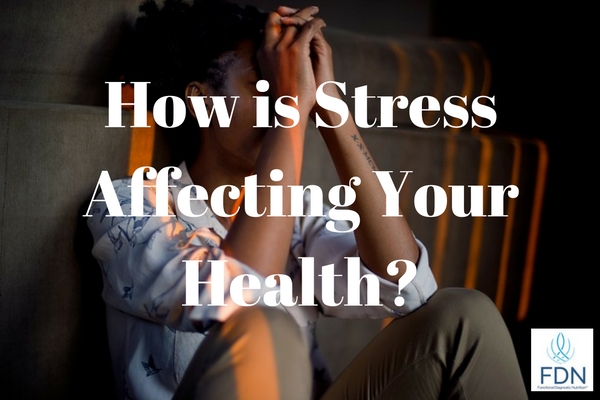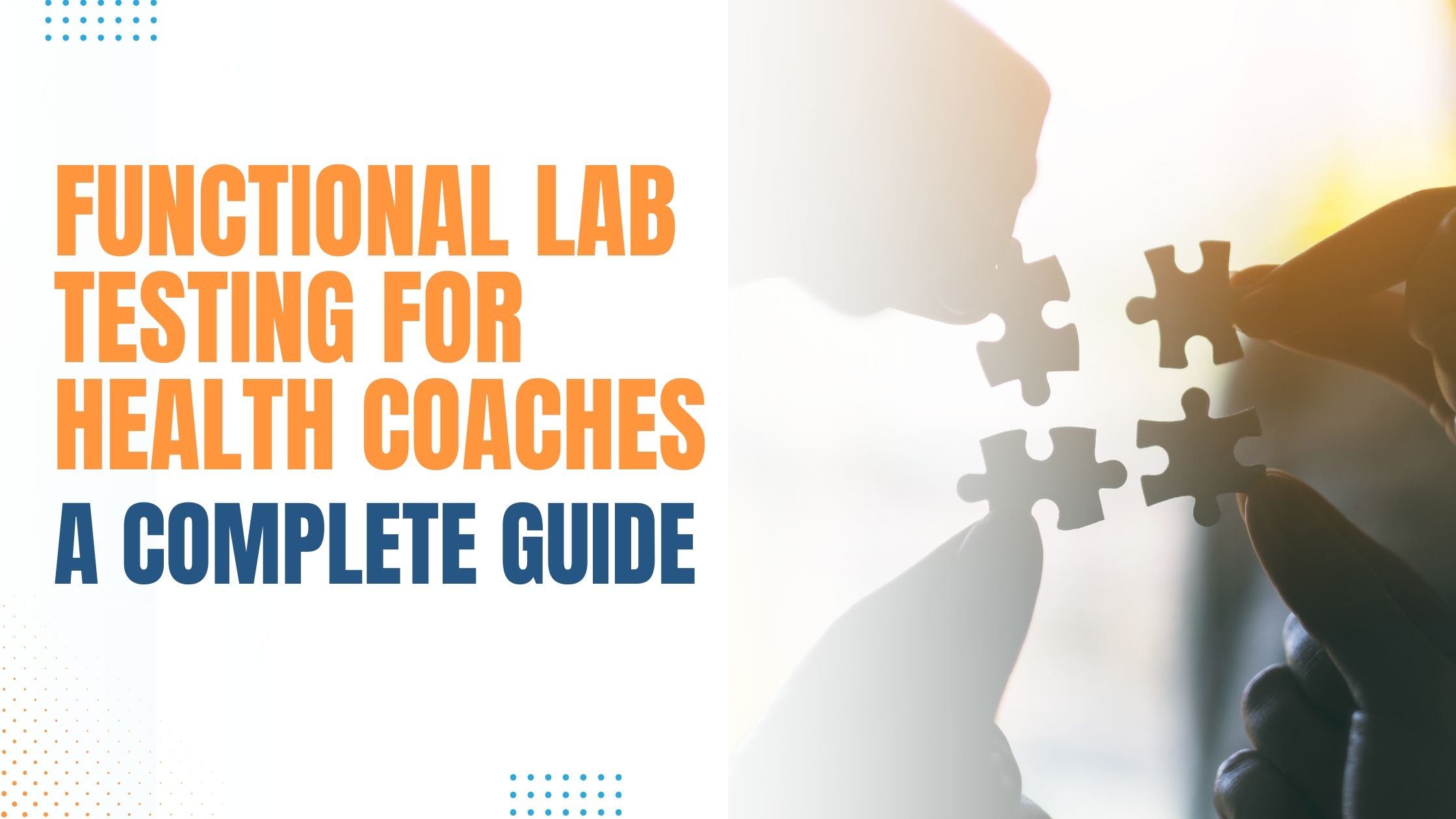Stress….it’s everywhere! And pretty much everyone you meet is overwhelmed and stressed out. Stress comes at us in many different forms each and every day. Deadlines, projects, tests, managing your family, social obligations, relationship issues, illness, rushing from place to place, economic worries, unrest in the world all contribute to the tension, stress and anxiety that we all face on a daily basis. But how is stress affecting your health?
We have become so accustomed to having an overabundance of stress in our lives that we’ve tuned out the warning signals that our bodies are sending us to let us know that we are not dealing with stress successfully.
Our bodies continuously give us feedback to let us know what we physically need to continue functioning. If the body needs food, we feel hunger. When our bodies need water, we get thirsty. If our bodies need sleep, we get tired. But in the fast paced, non-stop world of today, we no longer listen to our physical cues. This disregard of the body’s unnatural exposure to stress is now being manifested in our lives by illness, emotional issues and behavioral problems.
How is stress affecting your health?
When we fail to combat stress in our lives, it will eventually create physical symptoms such as:
- Pain-headaches, back pain, carpal tunnel, tennis elbow, neck and shoulder pain
- Heart problems-chest pain, heart disease, heart palpitations, high blood pressure, rapid heartbeat
- Gastrointestinal problems-stomach upset, nausea, diarrhea or constipation
- Sleep problems-insomnia or sleeping too much
- Decreased Immunity-problems with frequent colds, flu and other illnesses
- Skin disorders such as eczema and boils
- Autoimmune diseases
- Obesity
- Loss of sex drive
- Hormonal imbalance issues
An overabundance of stress in your life can also create mental and emotional issues such as:
- Anxiety and panic attacks
- Excessive worrying
- Irritability
- Anger
- Insecurity
- Depression
- Restlessness
- Sadness
- Lethargy
- Lack of Focus
- Burnout
- Memory problems-forgetfulness
- Poor judgement
- Racing thoughts
- Inability to concentrate
- Pessimism and negativity
And finally, being burdened with too much stress can be seen in behavioral issues such as:
- Addictions such as overeating, smoking, alcohol and drugs, pornography, gambling, video game, internet and shopping
- Anger issues that include outbursts, road rage and fighting
- Nervous habits such as nail biting, Obsessive-compulsive disorder, pacing
- Procrastinating and neglecting responsibility
- Overspending money
- Social isolation
- Sleeping too much or not enough
- Relationship conflicts
How do you reduce the effect of stress in your life to avoid the physical and mental complications that occur as a result? First, you must identify what the major stressors are in your life.
Here are a few areas that stress people out the most.
- Finances. Money is the number one stress inducing factor that people complain about, particularly when the economy is struggling, unemployment is high, and most people have to pinch their pennies. Stress can be exacerbated in those who deal with large amounts of debt as well.
- Family. This type of stress includes any conflict with spouse, partner, children, parents, siblings and extended family. It can also include positive and happy events with family as well, such as vacations and holidays.
- Career. This can include any frustrations about your job, issues with colleagues, or your boss. Includes frustrations over amount of salary paid.
- Major life events. Retirement, moving, getting married, getting separated and divorced, having a baby, changing jobs or careers, illness or injury, loss of job, death of family member or close friend, bankruptcy, being arrested/going to court/serving jail time, having a child move away from home, having a child get married are some of the major life events that contribute to stress. We all go through these events at one time or another, but they are considered some of the most stress inducing events that will occur in our lives. Even though some of the events are considered happy, there is still a large amount of stress involved.
- Having too much on your plate. These are the times when you have so much going on that there isn’t any time for you to just relax. You don’t feel like you have enough time to accomplish everything, and often get less sleep than you need and eat poorly.
- When you are sleep deprived. Sleep deprivation occurs when you have been getting less than 7-9 hours of sleep a night for more than one night. Lack of sleep is a great way to put yourself on edge. It is next to impossible to handle stress when you are sleep deprived.
- Watching or reading the news. Although it may not sound like much, the news is very negative, and there are so many terrible things going on in the world today, that watching the nightly news is guaranteed to cause stress.
So, what do we do to help reduce the stress in our lives?
Here are a few tips to help you decompress, de-stress, relax and unwind. When you allow yourself a little time to let go of tension, you will be amazed at how much better you feel and how much more you actually accomplish! You will also help to prevent stress from becoming chronic illness in your body.
- Breathe. A lot of times when people are in stressful situations, it is easy to forget to breathe. Most people aren’t even aware that they are holding their breath. Lack of oxygen can cause more stress, and making sure you take some time to breathe can help you to relax quickly. Deep breathing exercises are the quickest way to let go of tension. Many physicians, especially cardiologists are prescribing deep breathing exercises to their patients to help eliminate stress.
- Laugh. Laughter is a powerful weapon against tension. Watching a funny movie or TV show, or reading some good jokes or stories can help you decompress quickly.
- Turn off the news. Watching too much of the nightly news can actually cause depression for some people because of the negative content. If you have to know what is going on in the world, take a few minutes every day to read the latest headlines on the internet or newspaper or allow yourself to watch just a little bit, to get an idea of what is going on. Remember, the news is based on ratings, and the stories about the negative things get much higher ratings than the positive things.
- Listen to soothing music. I’m not talking about heavy metal here. Turn on some good relaxing classical music, smooth jazz or new age. Music is incredibly powerful on our emotions and our stress level. If it weren’t, they wouldn’t use it as a background for TV, movies and at pretty much every store you shop at. It can influence us in powerful ways. Harness that power to help calm you, particularly after a stressful day at work or after dealing with a conflict at home.
- Learn to say “No” more often. Many times we agree to do things, even when we are already overwhelmed with obligations, because we feel guilty saying no. Recognize when you are already booked up, and don’t be afraid to say no. I guarantee that most people will understand if you say no. Simply let them know that you have a lot to do already. If they have a problem with it, it is their problem, not yours. There is a lot of freedom in learning to say no.
- Get enough sleep. We need 7-9 hours of sleep a night to recharge our bodies. If you get enough sleep a night, you can handle stress better and will be more productive. You will even eat better, since sleep deprived people tend to crave more junk food.
- Take the supplements that your FDN functional health coach has recommended. Having enough nutrients, particularly the B-complex is very important to helping us cope with stress. If you are dealing with nutrient deficiencies or other imbalances in the body, this creates stress. The supplements that your functional health coach recommend for you will help to bring your body into balance and reduce stress!
These are just a few of the things that you can use to reduce stress. When you reduce stress, you will find that you get more done, you feel better, your health will improve and you can avoid struggling with chronic illness.







